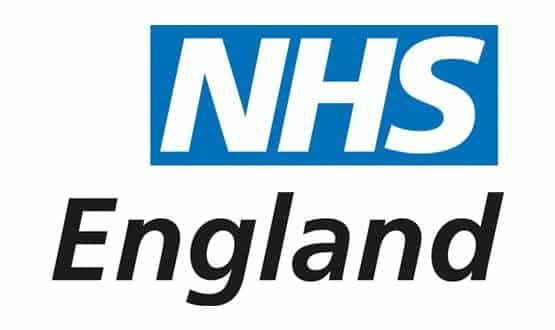NHS England’s planned patient platform, which is due to take over from NHS Choices, will have different components delivered by different providers.
Described by NHS England’s chief executive Sir David Nicholson as “the daughter of NHS Choices”, the service was previously known as the Integrated Customer Service Platform.
It has now been renamed the Health and Social Care Digital Service, and will be delivered by a number of providers, according to a document issued to potential suppliers.
“It is proposed that the Health and Social Care Digital Service components will be delivered by a number of providers addressing different aspects of delivery, rather than by a single provider as has been the case previously,” this document says.
“The split will depend on what the market can offer, and if procurement were kept in-house it would also depend on what is available through framework agreements.”
The aim of the serviceis to create a digital “front door” to the NHS by providing access via phone, texts, and online content. It has also been described as a one-stop-shop for anything healthcare related, both for patients and staff.
NHS England’s director of patients and information, Tim Kelsey, is the senior responsible owner of the project, and has talked enthusiastically about its possibilities for reducing costs and encouraging patients to take more responsibility for their own care and treatment.
The supplier document sets out its top three preferred options for actually delivering the service.
The first is to outsource the provision of the platform to a commercial organisation and a number of service providers.
The second has been dubbed ‘keep the ‘controls’, in which case the management and integration of the platform would be kept in-house, while services were outsourced to providers.
The third is to outsource the provision the platform to a sponsored social enterprise, with a commercial partnership vehicle delivering core services and supplementary funding model for market priming.
“At this stage, a single preferred option has not emerged as a front-runner from the options available, however we are specifically interested in pursuing validation, delivery implications and options,” the document says.
A beta-launch of the HSCDS in November will include a symptom checker; GP appointment booking; a health apps library; web chat, ratings of services and ordering online repeat prescriptions.
The team plans to “procure modular, ‘agile’ functionality that can be modified quickly and easily to meet user needs and expectations” to add to this list.
Last month, NHS England put out a tender worth up to £2m to train 100,000 people to use online health services to make them ready to benefit from the “digital revolution.”

